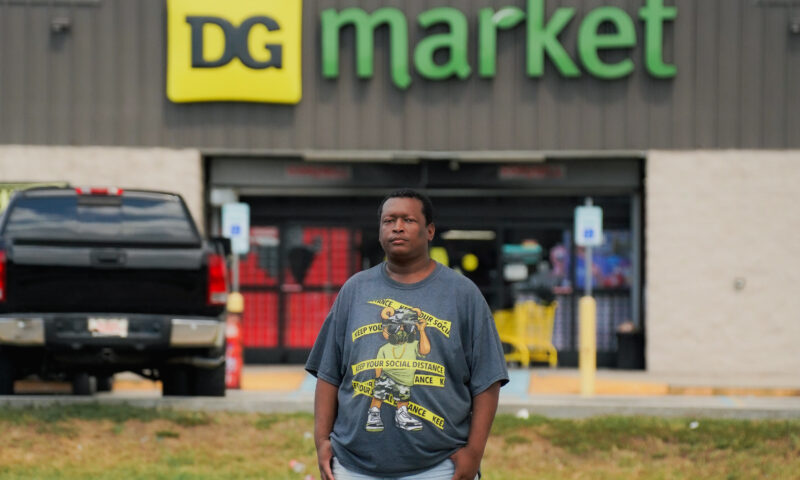

With unionization dropping under Trump, experts say “premajority” campaigns can help workers score wins.
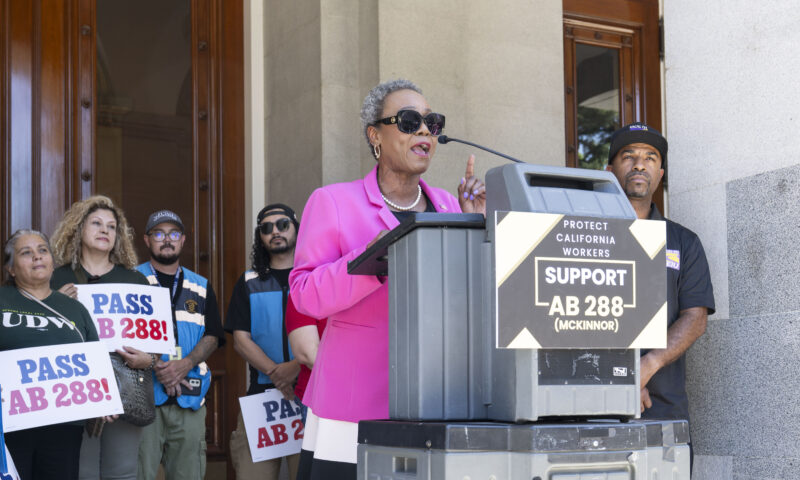
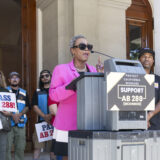
The National Labor Relations Board is unable to meet due to inaction in Washington. The Golden State is pushing an alternative for its workers.
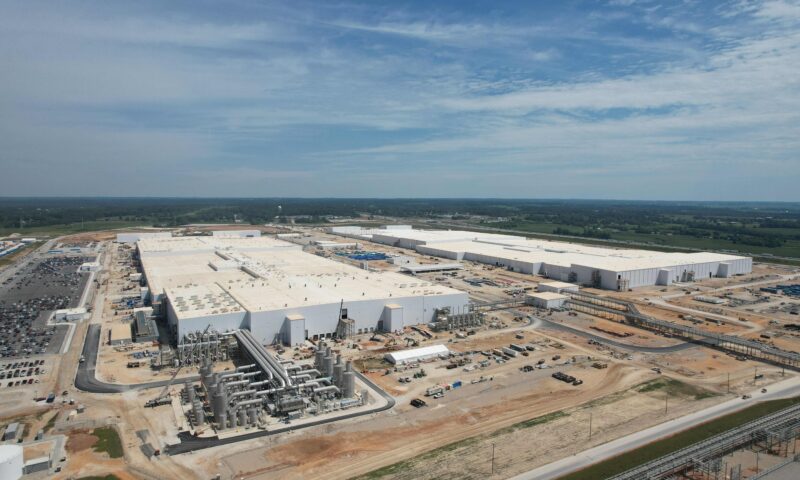

BlueOval SK workers asked for a union vote six months ago. Trump administration changes could extend delays.
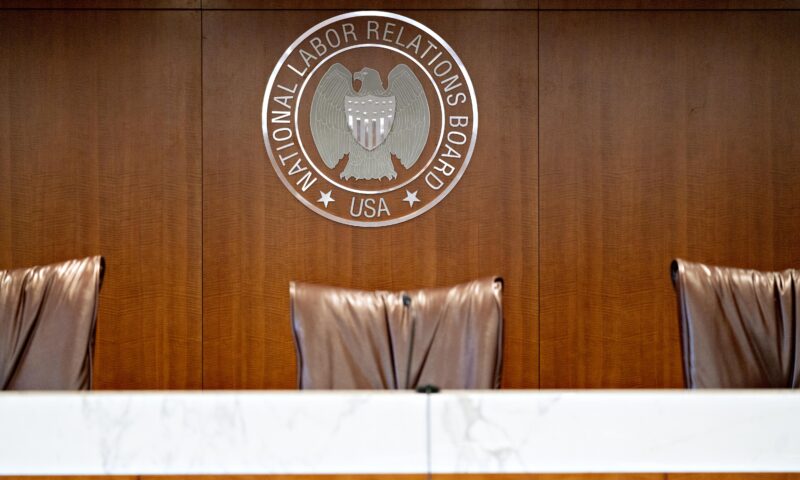

Labor leaders say a May Supreme Court decision could turn the agency that protects workers into a rubber stamp for President Trump.
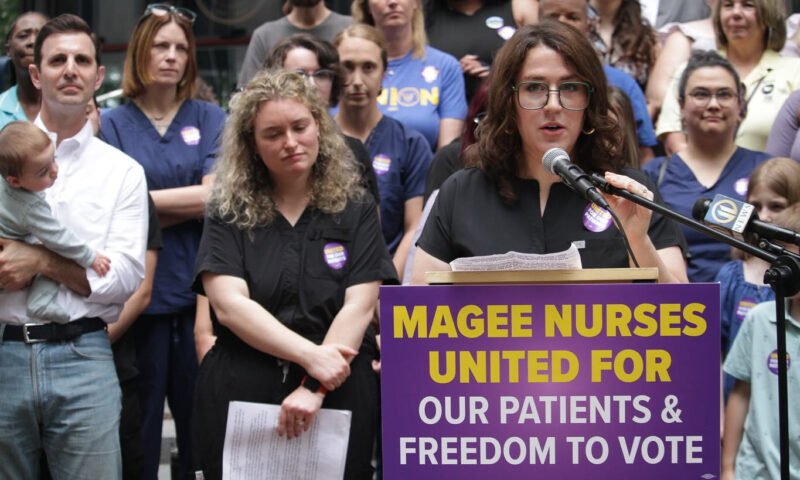
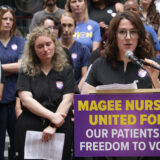
Pennsylvania’s largest hospital joins rise in employers citing federal changes to fight unionization.
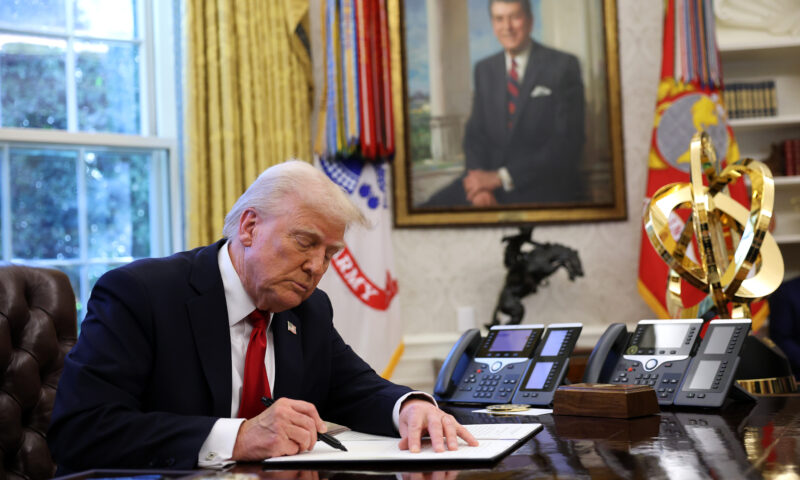
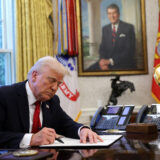
100 days in, the self-styled champion of the working class has delivered layoffs, trade wars and an erosion of worker protections.
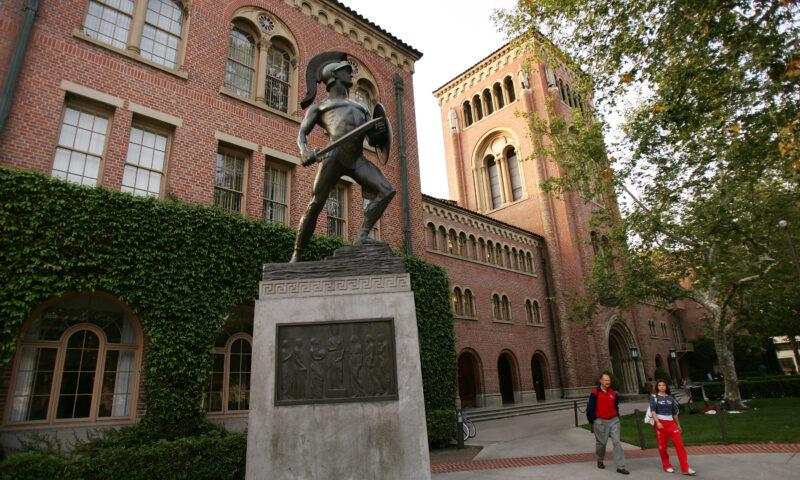
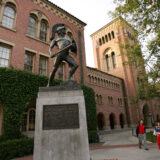
To block a union that would represent 2,500 faculty members, the private university echoed a corporate argument.
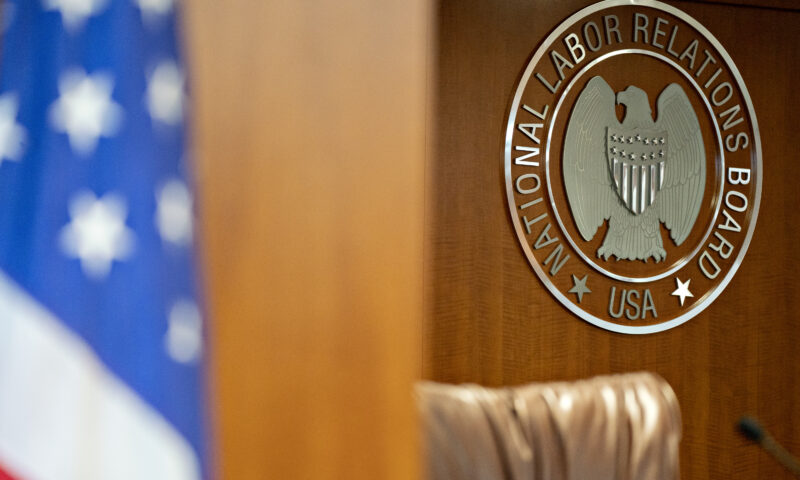

Labor board freeze leaves thousands of workers, from Amazon to Trader Joe’s, with few options — prompting some to consider more aggressive tactics.
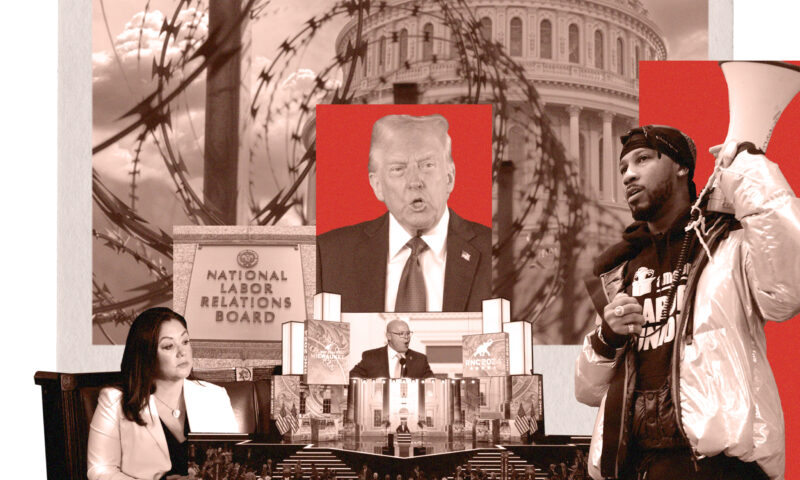
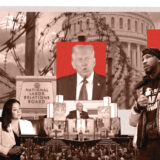
From Uber and Lyft drivers to home care workers, the fate of far-reaching labor organizing efforts hangs in the balance.


Chamber of Commerce, Restaurant Association claim the law, which labor unions say is meant to prevent coercion, violates free speech.
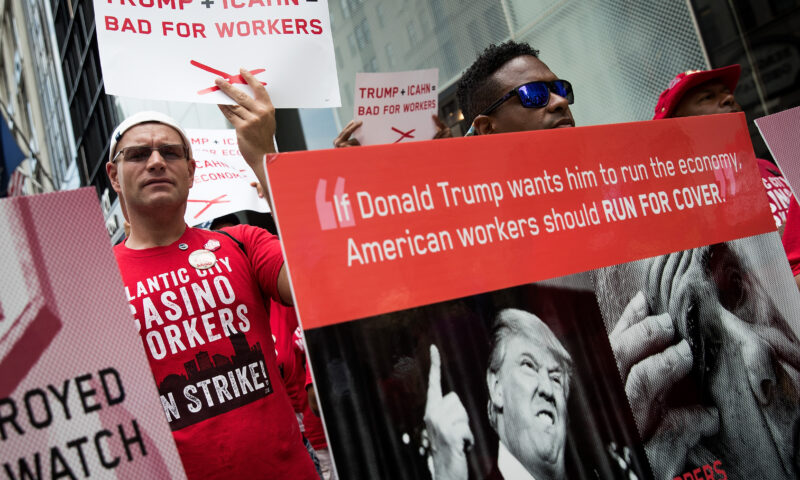
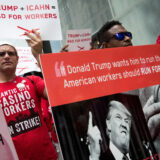
Trump and running mate JD Vance court workers, but the former president targeted unions and labor rights while in office.
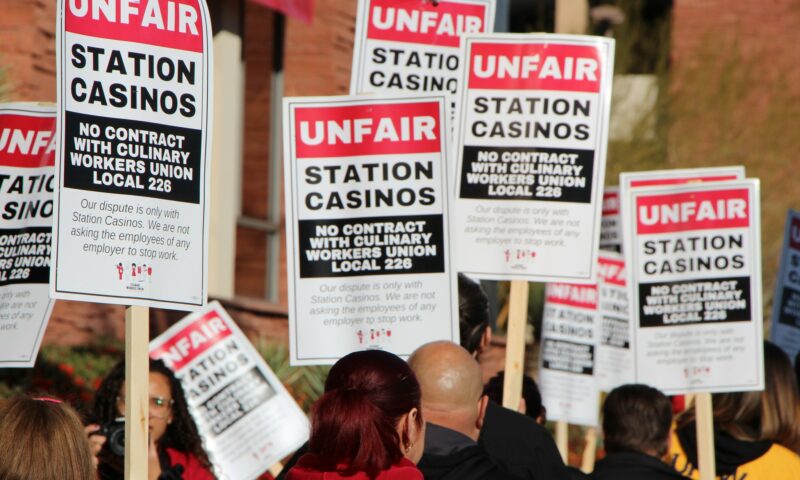
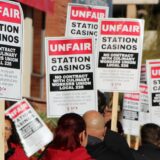
Union elections are up in the year since the labor board created new penalties for law-breaking employers. But an appeal could reverse the decision.


The friendly grocer’s staff are increasingly going union — and say the company is hostile to their efforts.
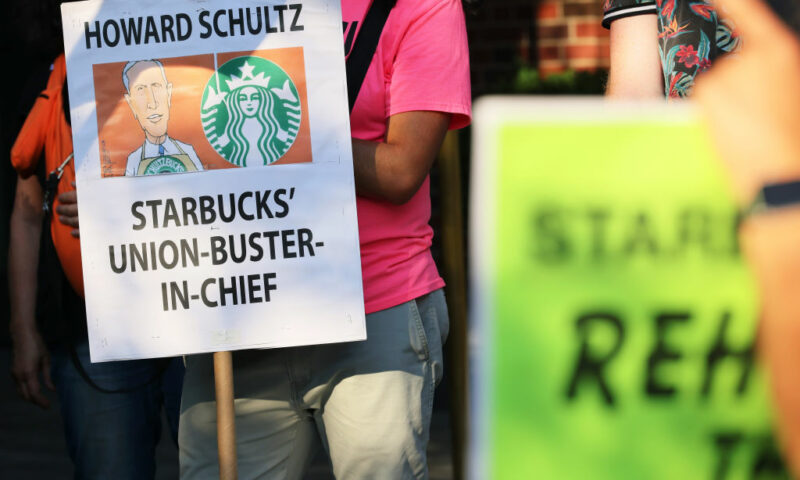
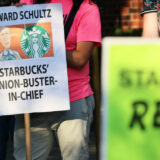
Weak labor laws allow the coffee giant to avoid contract talks.
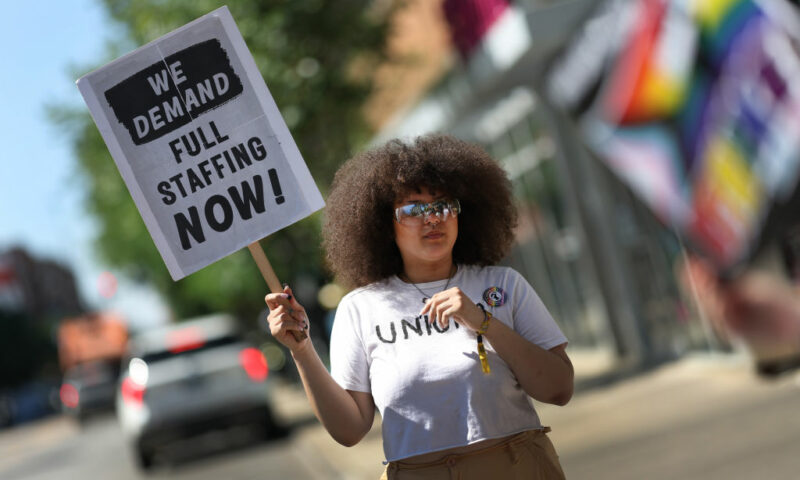

Unionizing is not against the law; but the law is against unionizing.
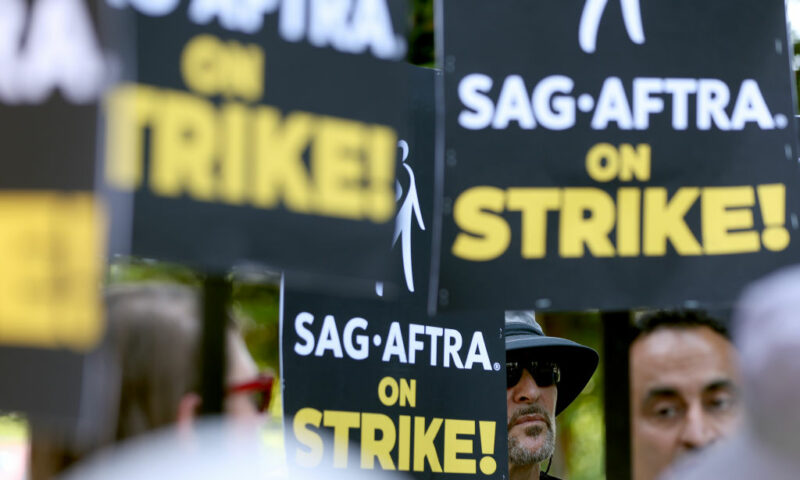
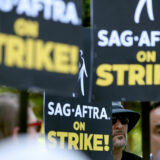
Outdated 1935 federal labor act makes violations hard to prove, penalties easy to pay.
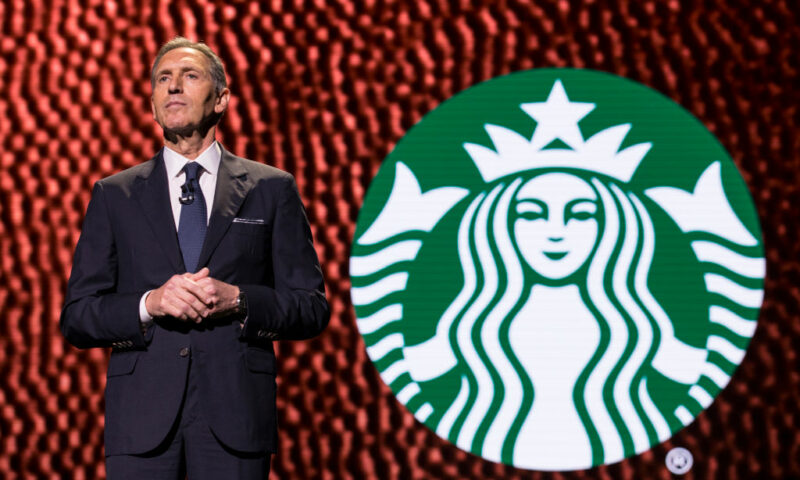

Starbucks founder’s testimony before U.S. Senate committee will be an accountability moment for coffee chain on alleged union busting.
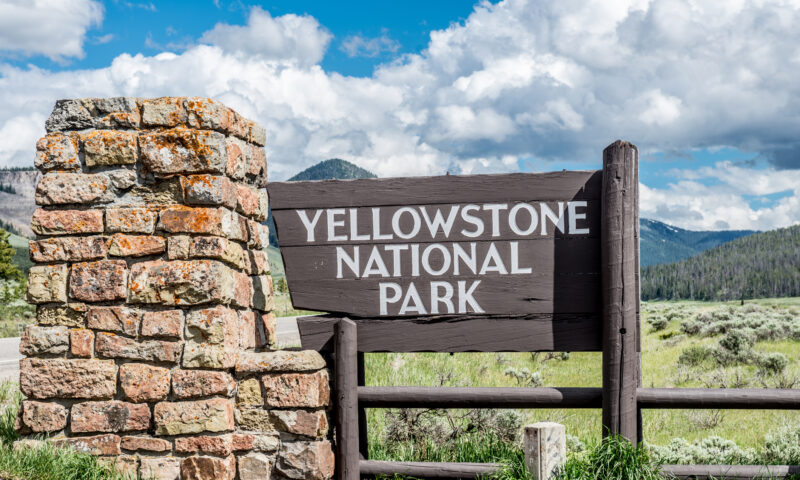

A giant federal contractor’s failure to abide by a settlement is building pressure for Biden to take action.

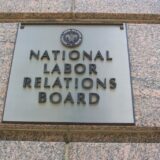
Co-published by the American Prospect
The National Labor Relations Board is not just changing workplace rules but reversing longstanding precedents.
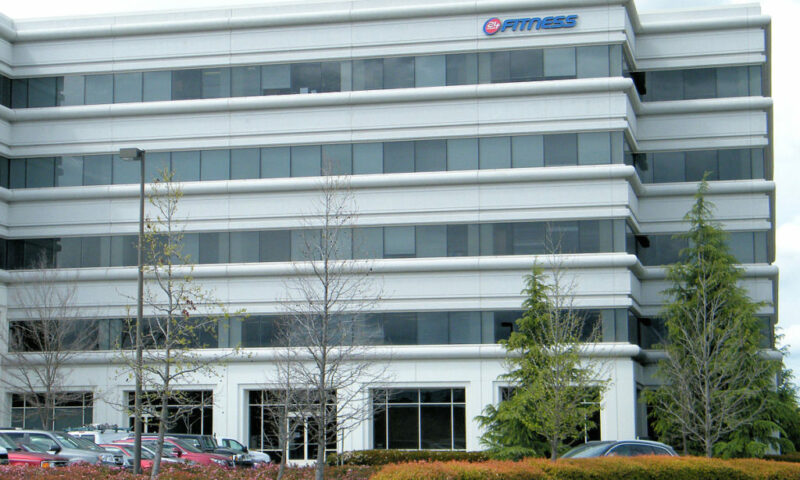

Co-published by Fast Company
24 Hour Fitness’ policies have brought the fitness chain in the crosshairs of the National Labor Relations Board, which has said the company’s employee arbitration agreements violate federal labor law.